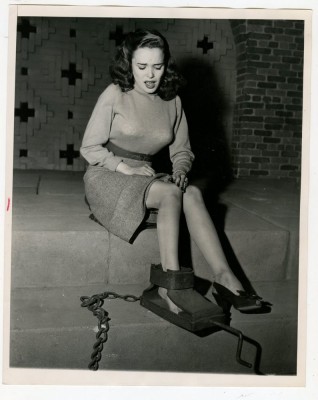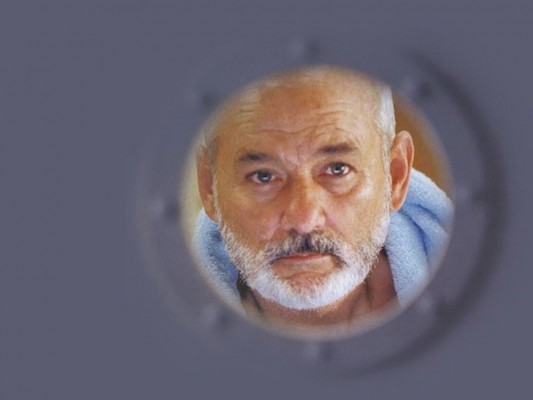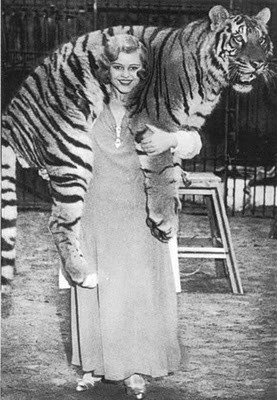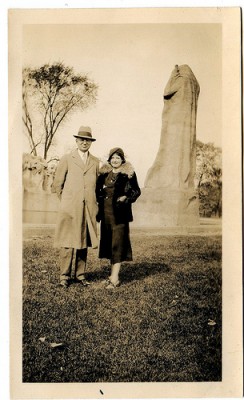- Subscribe

Video Game Review: Call Of Duty: Basic Training
Call of Duty: Basic Training begins in your home in Virginia. Your mother is crying, your father is proud, and you are about to take the bus to the military base where your life will change forever. You kiss your sister goodbye and hug your little brother. As you get on the bus, your dad says to you, “Son, make this country proud.â€
As I started playing, a very similar scene was taking place in my own home in Virginia. My mom cried at the consequences that playing the game would have on my job prospects, whereas my dad told me to make him proud by winning the game, for, if only it had been around when he was younger, he wouldn’t have tried to get out of playing with the excuse that he had to get a decent job or a college education. No, he would have played. The deep emotional toll that it was taking on my family was already a source of concern, and I was barely past the tutorial.
Thus began Basic Training. For those who enjoy action, gunfire, explosions, and live combat, this part of the game is not for you. I  crawled, climbed, ran, and jumped through several drills. Whenever I did something wrong in the game, I was required to do forced calisthenics in real life. It came damn well close to breaking me physically and emotionally, and I missed my family and girlfriend, but still I persevered.
One of the cool features of Call of Duty: Basic Training is that, through Xbox Live, players can cooperate with each other in real time. My fellow soldiers in Basic Training were real people wearing Xbox headsets. Yes, we came from vastly different spheres of the American upper-middle class gaming community, but through shared experience (I’ll always remember the time our drill sergeant made us stand at attention for two straight hours) and hardship (we had some really finicky Internet connections), we managed to set aside our differences and grew so close that we would have given our lives for one another. I began to look upon them as my family, much to the chagrin of my real family.
But it would be a long time before the game ended. I was deployed. I spent a year in constant terror, watching the comrades I had grown to love fall at the hands of an unseen enemy in the game, and their real life counterparts get sick of the game and stop playing, or play with other people who weren’t quite as intense as I was. I was shaken to the bone, and will never forget the last words Tomtom said to me. “Jasper… I think I’m gonna play Halo now.†I find that no one can truly understand what I’ve gone through, except those who have played the game themselves.
When it finally ended, I emerged from my darkened living room feeling no real sense of victory, only a numb and uncertain guilt and relief at having survived. I then returned to a society that had moved on without me, and had no accommodations for someone who had seen what I had seen. All in all, this game took up too much of my time, was emotionally taxing, and was definitely not worth the 60 dollars or the incalculable cost of war.
—N. Weinstein
If you liked this piece, check out the rest of the International Issue here!
























Recent Comments